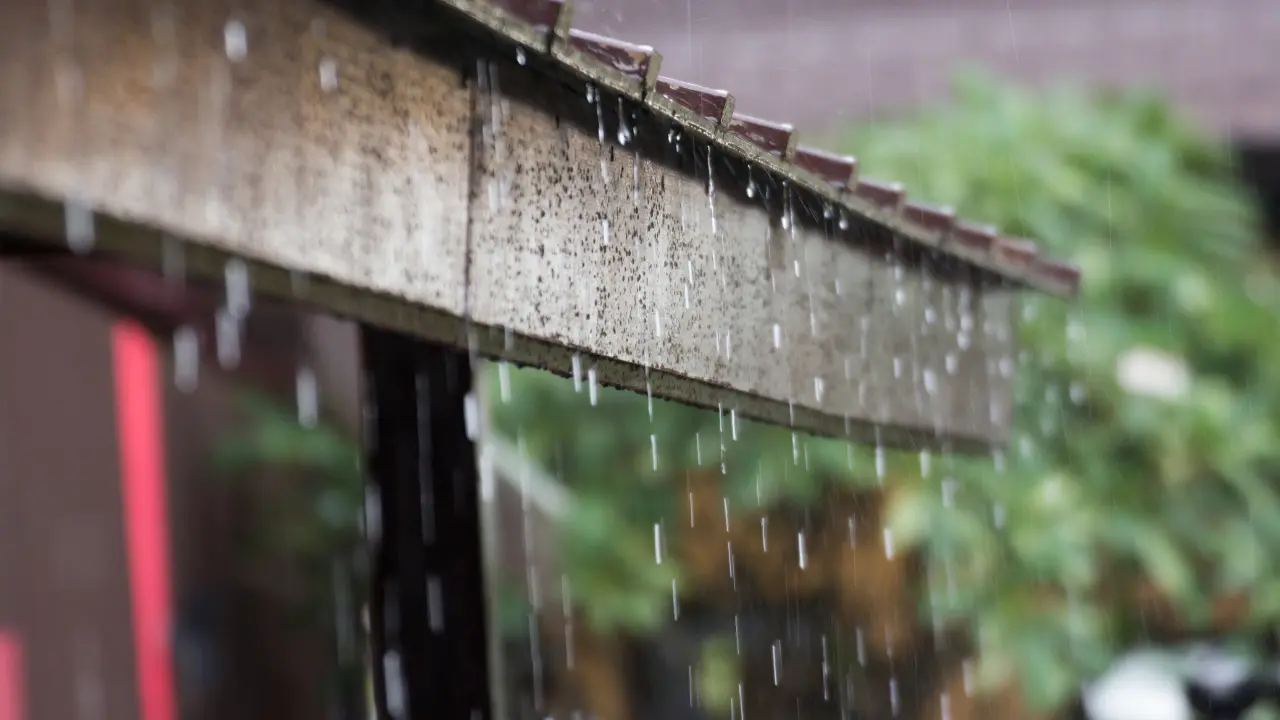
10 Rainy Season Diseases and Prevention Tips
Last updated on June 14th, 2024 at 11:02 am
The monsoon season in the Philippines brings a welcome respite from the summer heat, but it also increases the risk of various common diseases during rainy season, also known as “rainy season diseases”. Understanding these diseases and how to prevent them can help you stay healthy during the rainy season.
Rainy Season Diseases
1. Dengue Fever
One of the most common diseases during rainy season is Dengue virus or fever is one of the many mosquito-borne diseases infection prevalent during the monsoon season. It is transmitted by the Aedes mosquito through mosquito bites, which breeds in stagnant water.
Prevention:
- By eliminating breeding places around your home.
- By using mosquito repellents and nets.
-
By avoiding mosquito bites by wearing long-sleeved clothing.
2. Leptospirosis
This is the second most common diseases during rainy season. Leptospirosis is a bacterial infection that is spread through water contaminated with the urine of infected animals, especially rats. It often affects those who wade through floodwaters.
Prevention:
- Avoid contact with floodwaters.
- Wear protective clothing if you must walk through flooded areas.
-
Keep your surroundings clean to deter rats.
3. Typhoid Fever
Typhoid fever is caused when an individual consume contaminated food or water contaminated with Salmonella typhi bacteria.
Prevention:
-
Drink only purified or boiled water.
-
Ensure food is cooked thoroughly.
-
Maintain good personal hygiene.
4. Cholera
Cholera is an acute diarrheal illness caused by infection of the intestine with Vibrio cholerae bacteria, usually from contaminated food or water.
Prevention:
-
Drink safe, treated water.
-
Practice proper sanitation and hygiene.
-
Avoid street food during the rainy season.
5. Influenza (Flu)
Influenza is a common cold, viral infection that can be more prevalent during the monsoon due to sudden weather changes. It can also lead to symptoms like high fever, sore throat, and cough.
Prevention:
-
Get vaccinated annually.
-
Avoid close contact with infected individuals.
-
Maintain good hygiene practices, like frequent handwashing.
6. Malaria
Malaria is another mosquito-borne disease, although less common than dengue in urban areas, it remains a concern in rural regions.
Prevention:
-
Use insect repellent.
-
Sleep under mosquito nets.
-
Remove standing water where mosquitoes can breed.
7. Hepatitis A
Hepatitis A is a viral liver disease that can spread through the ingestion of contaminated food and water. It can cause symptoms like abdominal pain and nausea, particularly in individuals with weakened immune system.
Prevention:
-
Use insect repellent.
-
Sleep under mosquito nets.
-
Remove standing water where mosquitoes can breed.
8. Gastroenteritis
Gastroenteritis, often referred to as stomach flu, is an inflammation of the stomach and intestines typically resulting from bacterial or viral infections. It can cause symptoms like nausea, vomiting, diarrhea, sore throat, high fever, and abdominal pain.
Prevention:
-
Wash hands regularly.
-
Consume only well-cooked food.
-
Drink clean water.
9. Skin Infections
Prolonged exposure to wet conditions can lead to fungal infections and other skin diseases.
Prevention:
-
Keep your skin dry and clean.
-
Wear waterproof footwear during floods.
-
Use antifungal powders or creams as needed.
10. Conjunctivitis
Also known as “pink eye,” conjunctivitis can spread rapidly during the rainy season due to increased humidity and poor hygiene.
Prevention:
-
Avoid touching your eyes with dirty hands.
-
Use clean towels and personal hygiene items.
-
Seek medical treatment promptly if symptoms develop.
Conclusion
The rainy season, while refreshing, brings with it a heightened risk of various diseases. By being aware of the common diseases and adopting preventive measures, you can safeguard your health and enjoy the season without worry. Practicing good hygiene, ensuring safe food and water consumption, and taking steps to prevent mosquito breeding are crucial. For additional protection and peace of mind, consider Mosquito Control services to keep your environment safe and healthy. Stay vigilant, stay informed, and stay healthy this monsoon season.
FAQs
1. How can I protect my home from mosquito breeding during the monsoon?
-
Regularly drain any standing water in containers, gutters, and pots.
-
Use mosquito nets and screens on windows and doors.
-
Consider professional pest control services for regular fumigation.
2. What should I do if I suspect I have contracted leptospirosis?
-
Seek immediate medical attention.
-
Inform your doctor about any contact with floodwaters.
-
Follow prescribed antibiotic treatments promptly.
3. Are there any specific vaccinations recommended before the monsoon season?
-
Yes, vaccinations for influenza, Hepatitis A, and typhoid fever are advisable. Consult your healthcare provider for recommendations.
4. How can I ensure the water I drink is safe during the rainy season?
-
Boil water for at least 3 minutes before drinking.
-
Use water purification tablets or filters.
-
Opt for bottled water from reliable sources.
5. What general hygiene practices can help prevent monsoon diseases?
-
Regular handwashing with soap and water.
-
Keeping your living environment clean and dry.
-
Avoiding consumption of street food and ensuring home-cooked meals are properly prepared.
